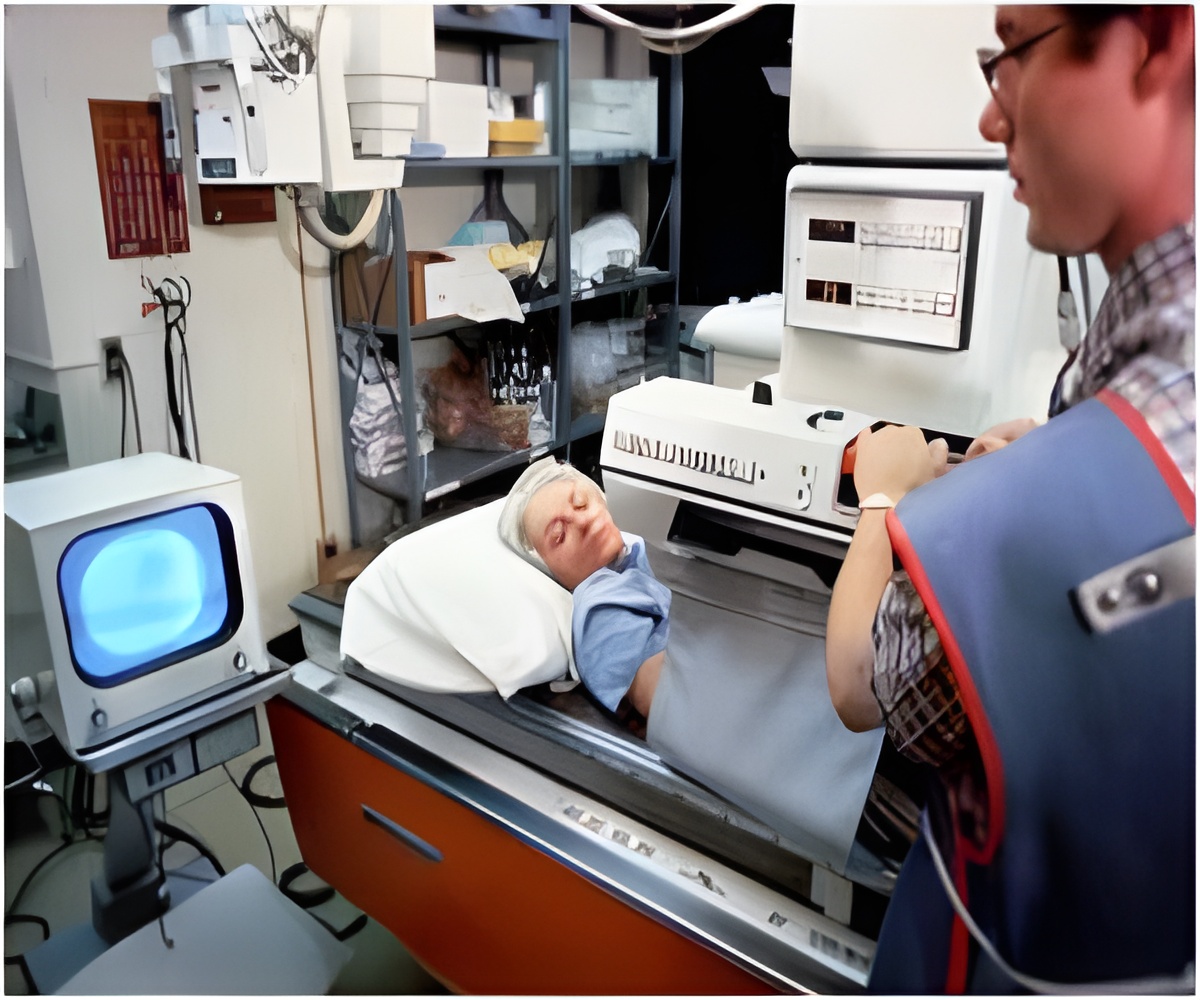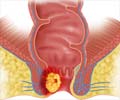
Lead investigator Dr Muy-Teck Teh from Queen Mary, University of London, said the team found that the FOXM1 gene "brain washes" normal cells so they adopt a 'memory' pattern similar to cancer cells.
"This research has important clinical implications for early cancer diagnosis, prevention and treatment.
"We knew the FOXM1 gene is present in almost all different types of human cancers so we wanted to understand how excessive levels of it cause normal cells to become cancer-like."
Dr Teh's team used a gene-chip microarray technology to investigate the DNA 'memory' patterns in cells.
Normal cells inherit specific instructions or 'memory' patterns by masking and unmasking parts of their DNA. Maintaining the correct memory patterns is important for normal cell function - disturbing the memory pattern can lead to cancer formation.
Advertisement
"We looked at normal human mouth cells and introduced high levels of FOXM1. The normal cells changed to adopt a memory pattern similar to those in mouth cancer cells and we identified a number of key pattern changes that may be responsible for initiating cancer formation.
Advertisement
The team's research, funded by the Wellcome Trust and the Facial Surgery Research Foundation, Saving Faces, means that it will be easier to detect changes in cells before they develop into cancer.
Consultant oral and maxillofacial surgeon Professor Iain Hutchison, founder of Saving Faces and co-author on the study, said: "We are excited about this finding as it means that we can now detect changes in cells way before they become cancer cells.
"Mouth cancer, if detected early when the disease is most receptive to surgical treatment, has a very high cure rate. Understanding how a gene such as FOXM1 can convert normal cells into cancer is an important step towards finding new diagnostic tests for early cancer detection."
This study builds on previous studies Dr Teh and his team has done on FOXM1. Published in 2009, Dr Teh found that nicotine could activate FOXM1 and that excessive levels could cause normal human mouth cells to develop into cancer. His research on FOXM1 was awarded 'Molecule of the Year 2010' by the International Society for Molecular and Cell Biology and Biotechnology Protocols and Research for its pivotal role in cancer stem-cell biology.
Source-Eurekalert














